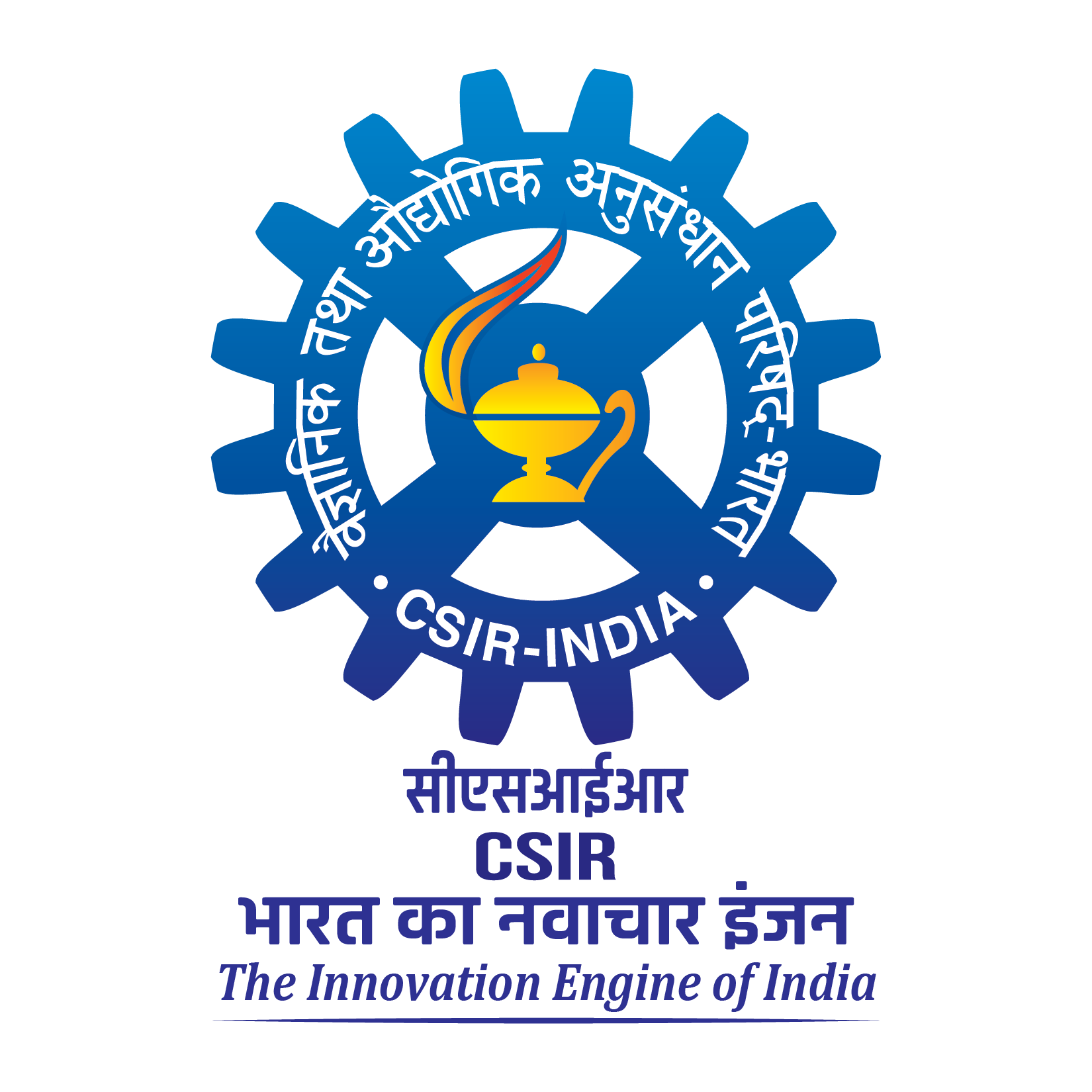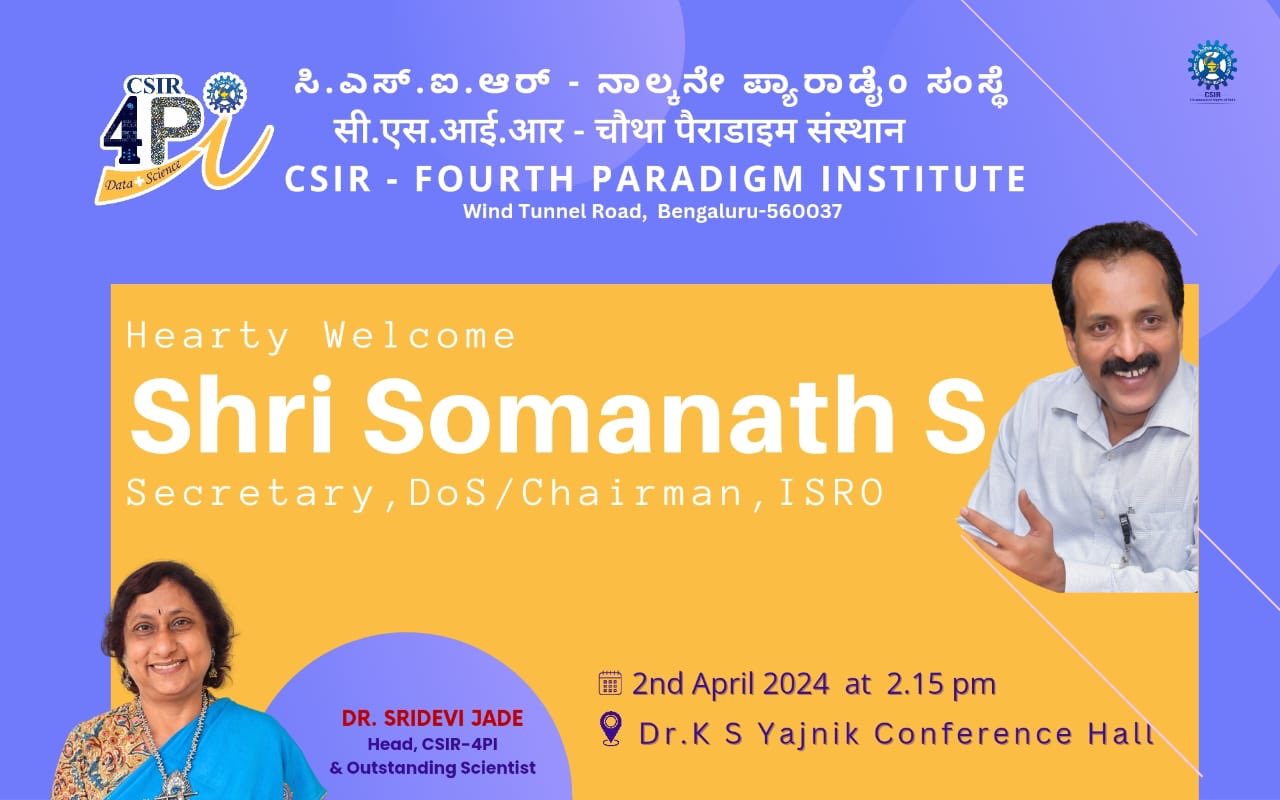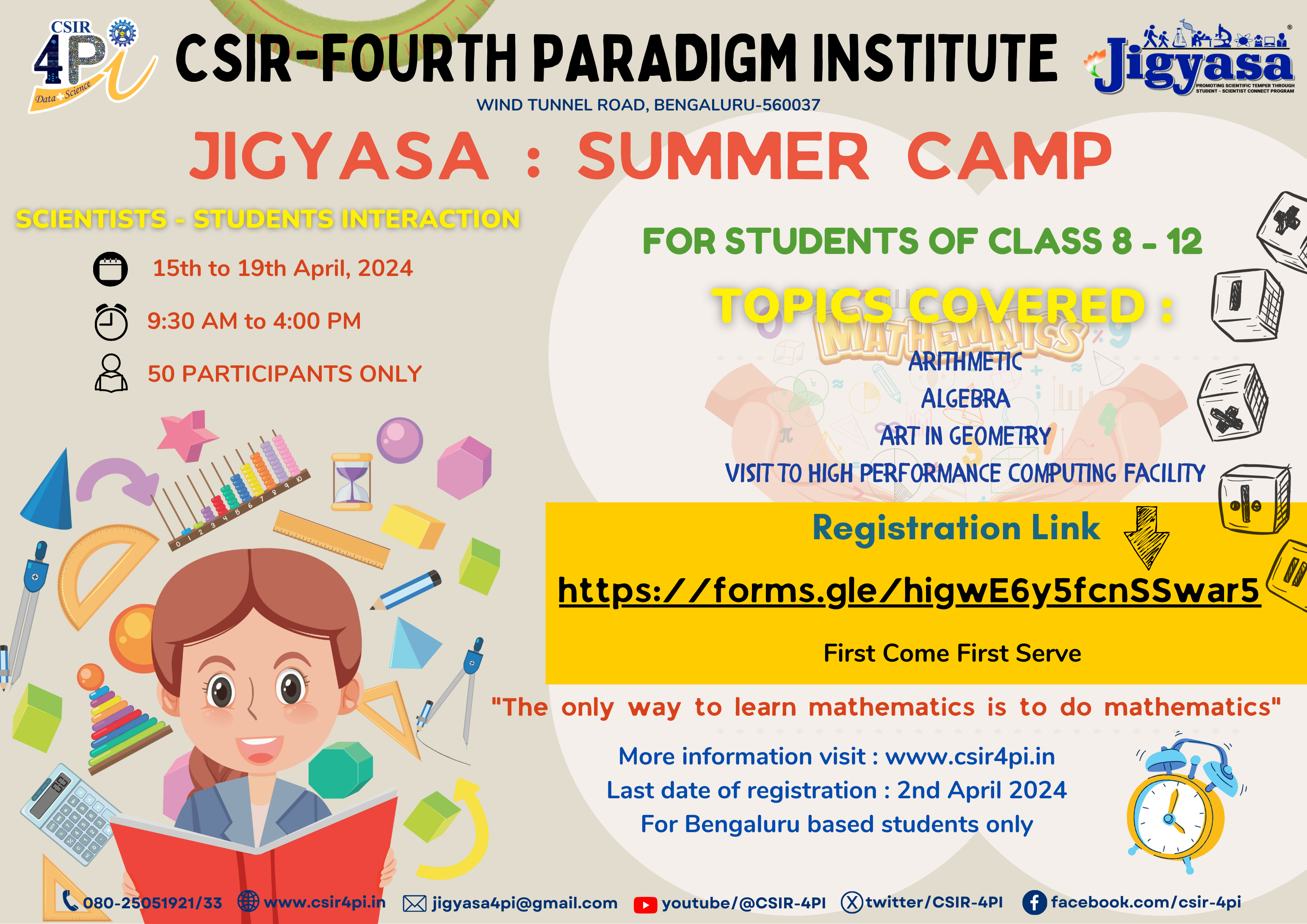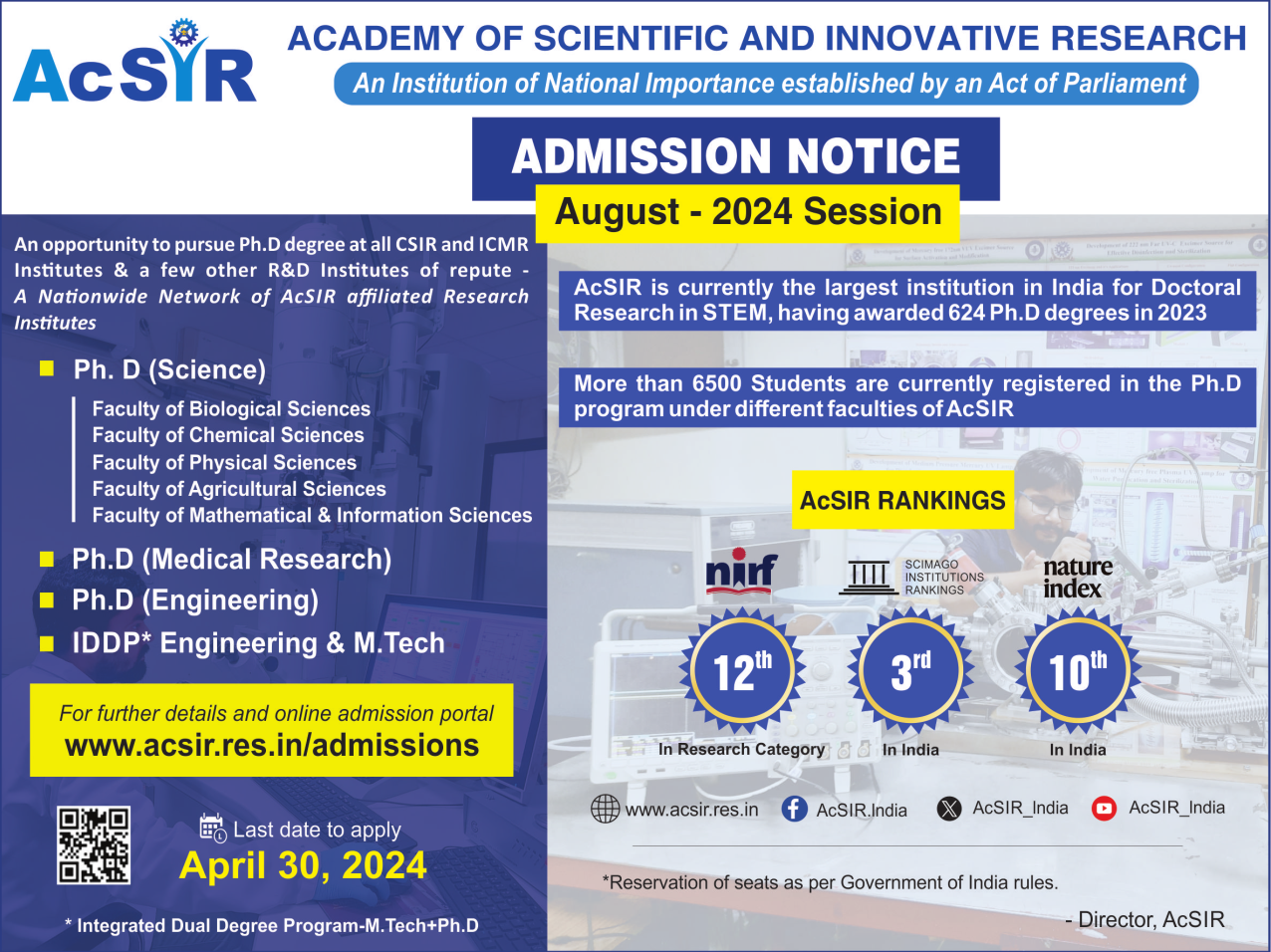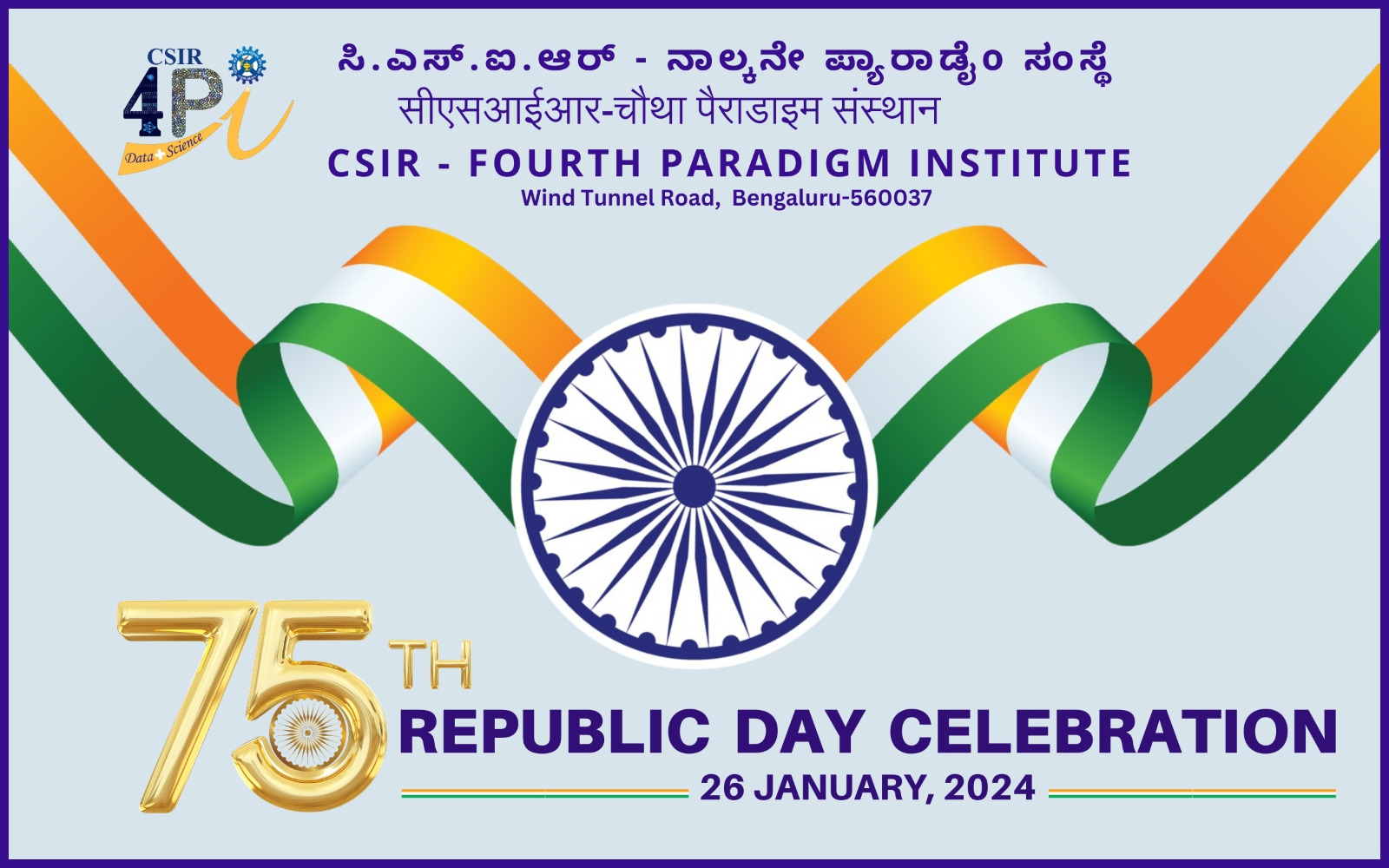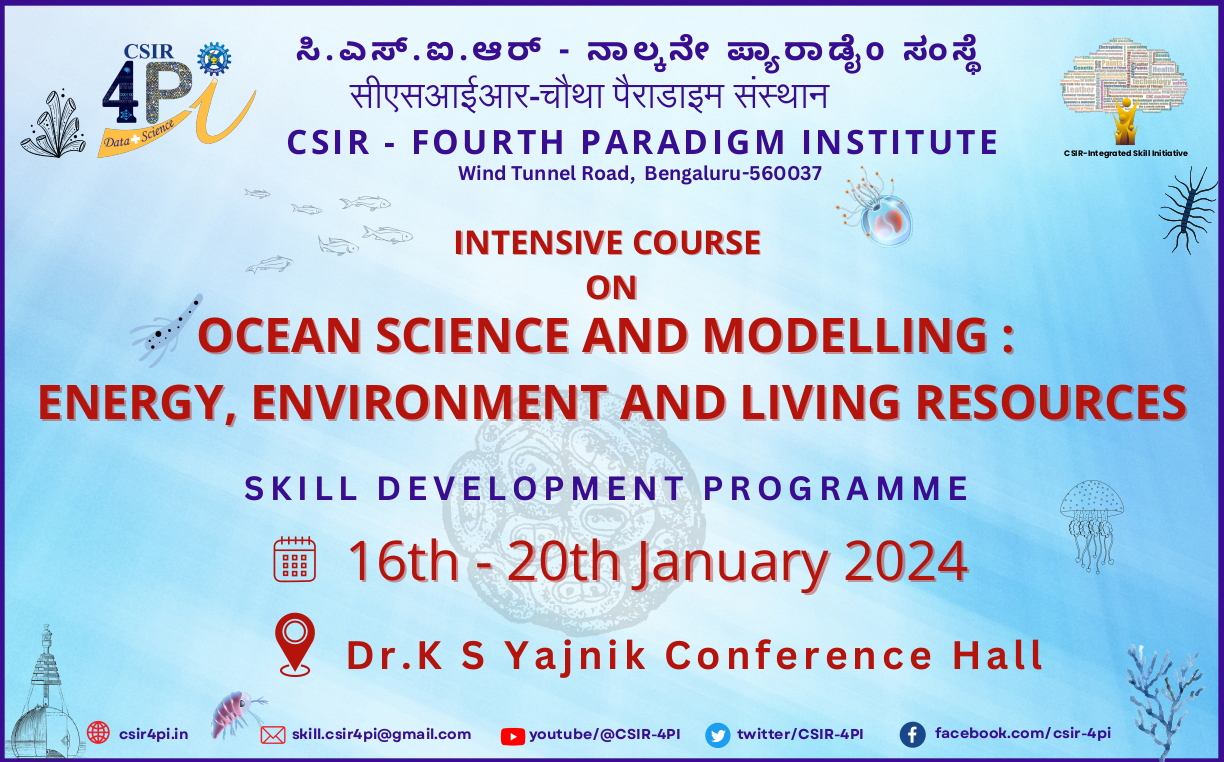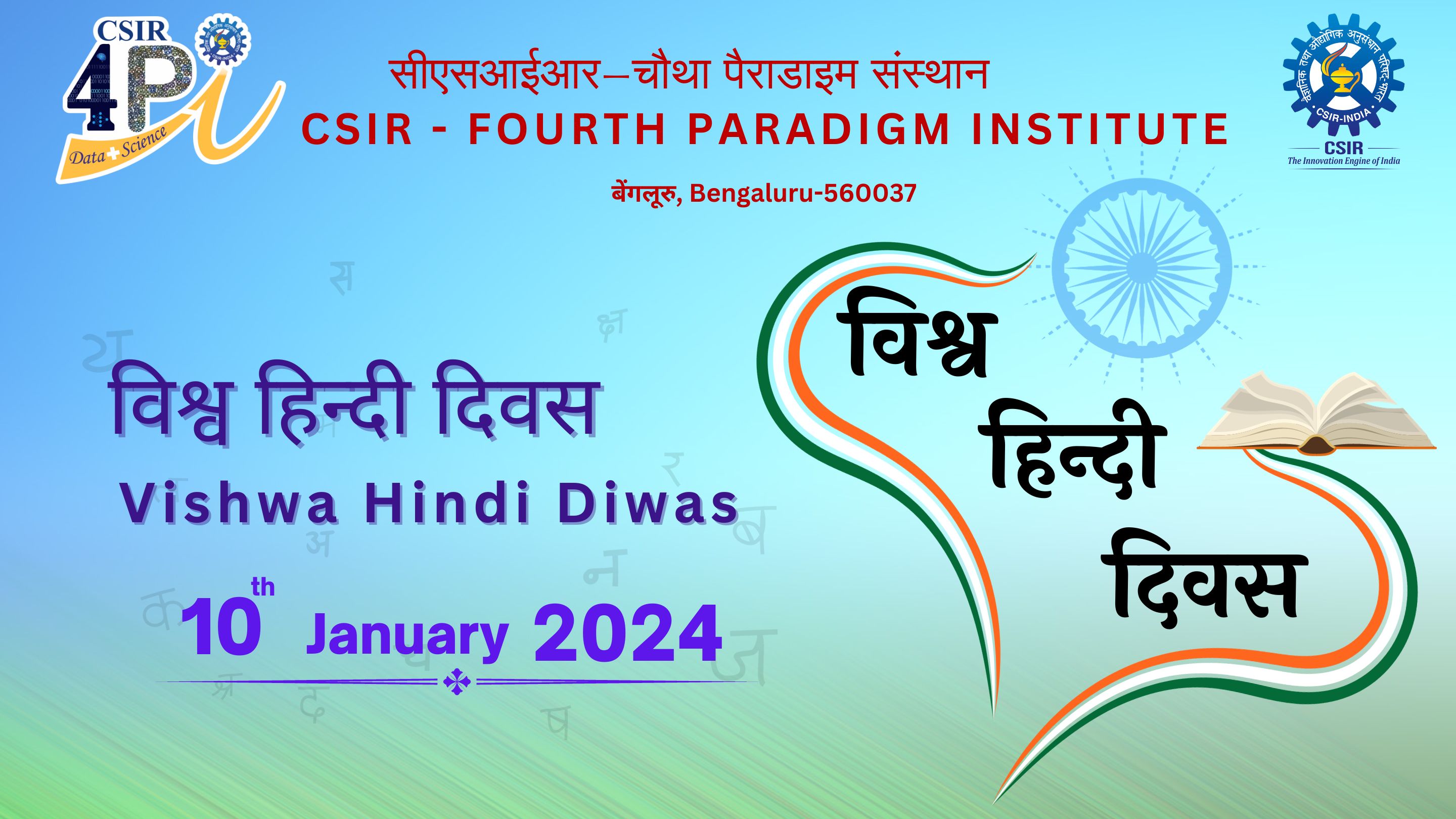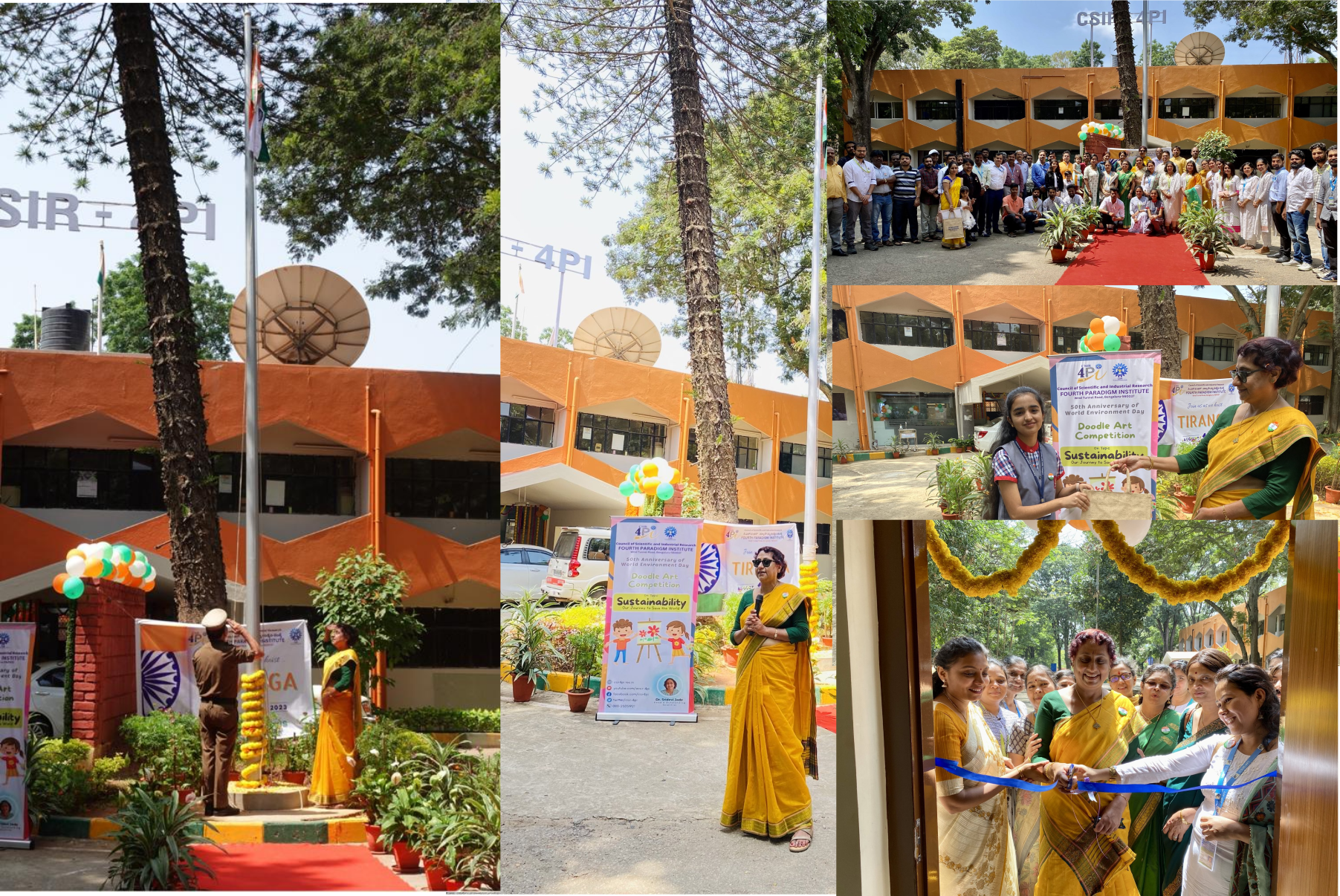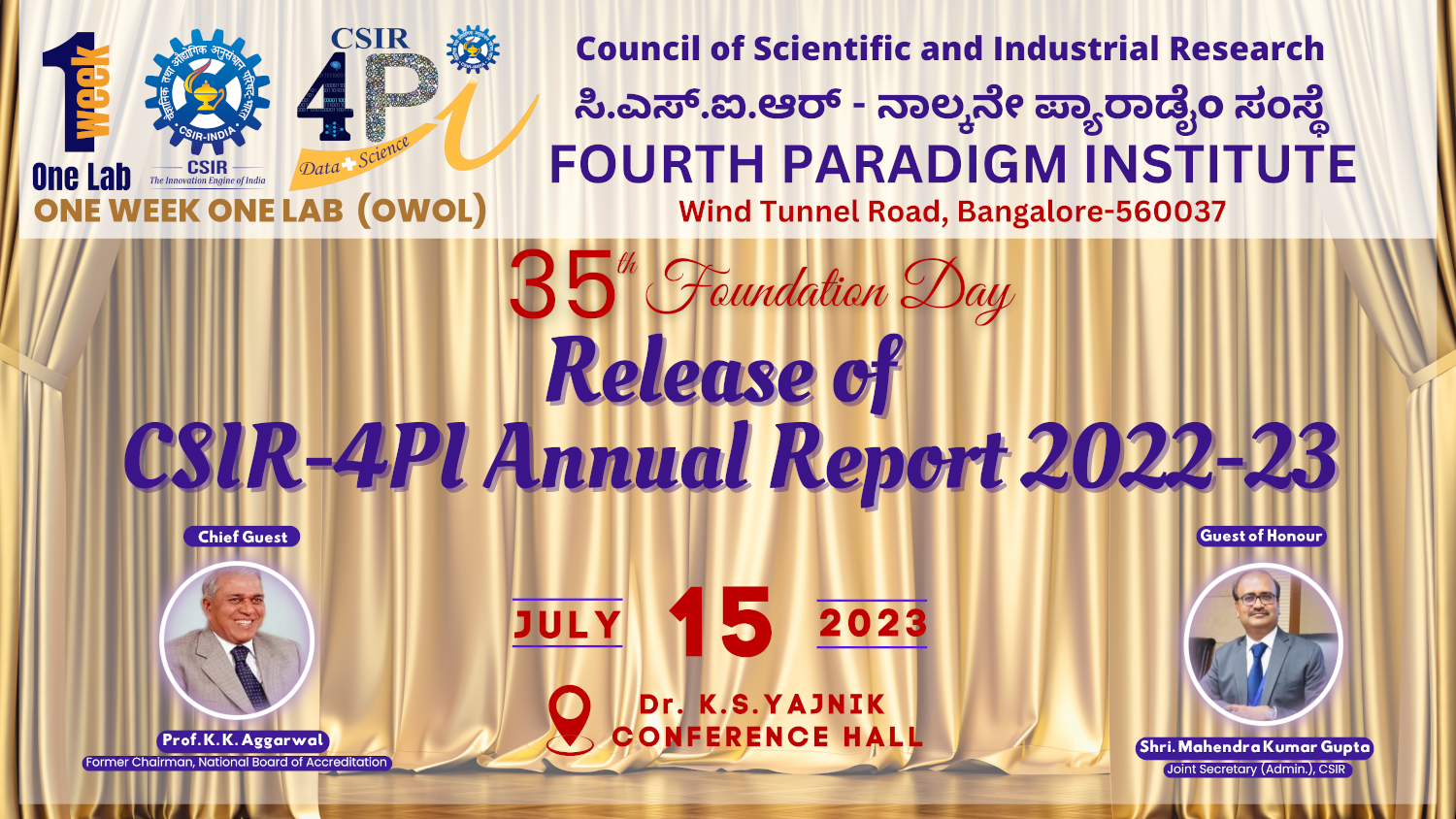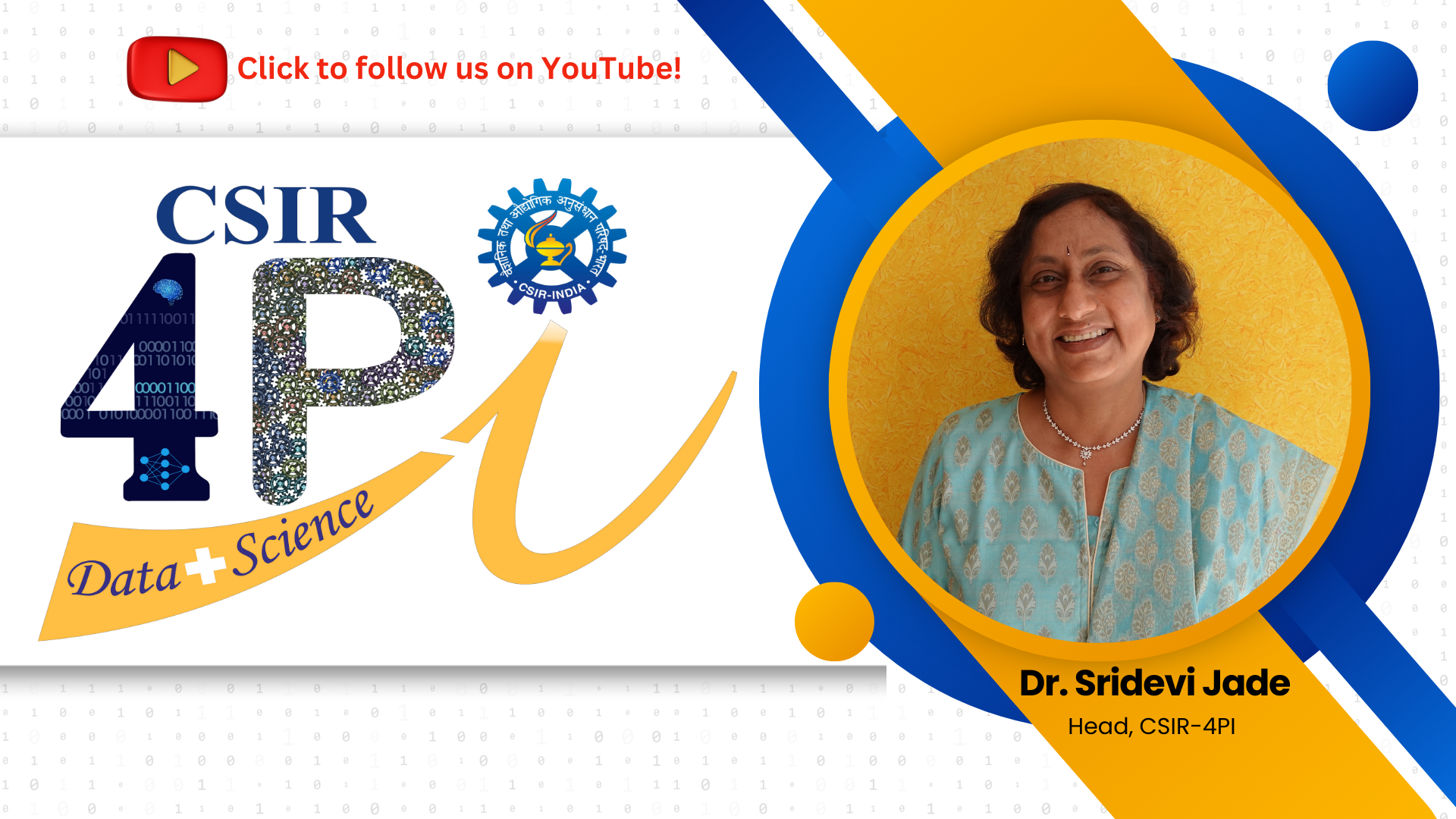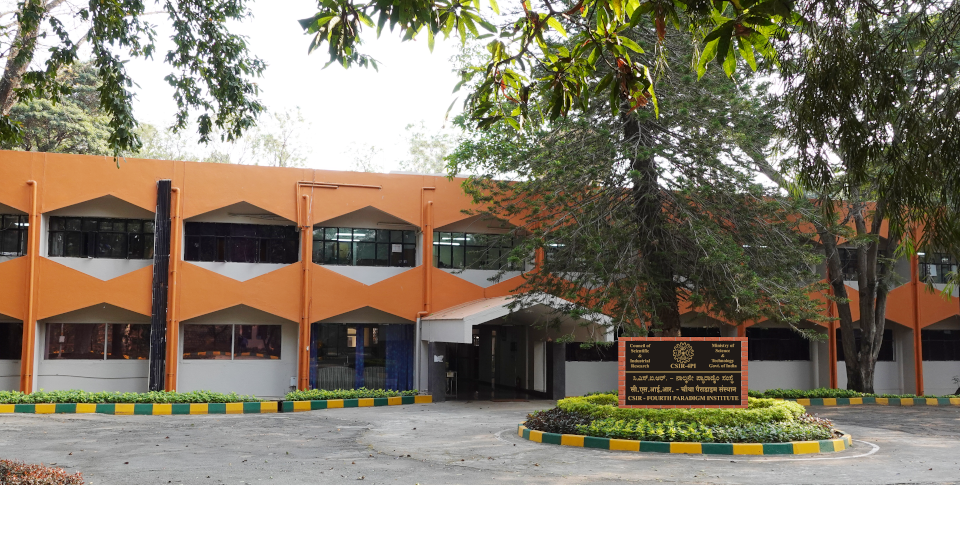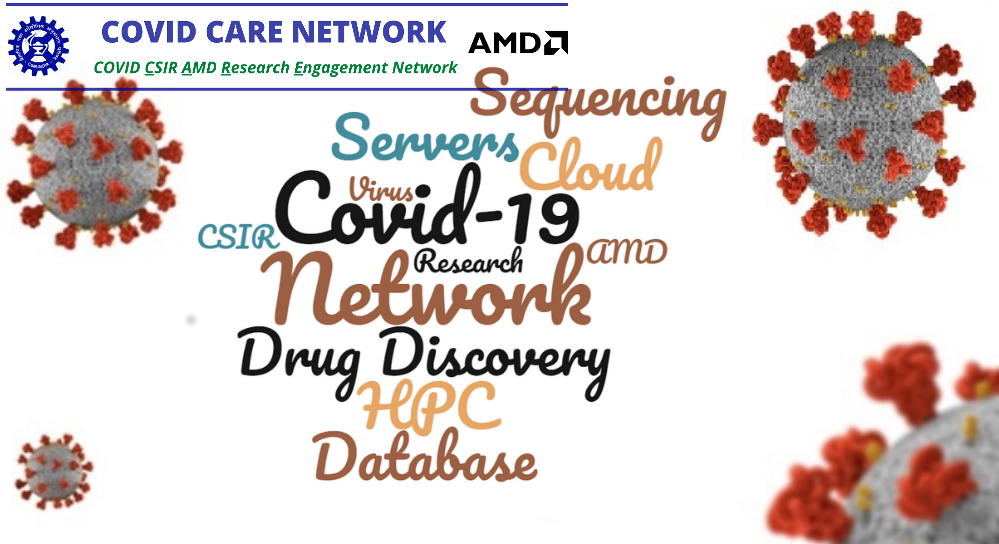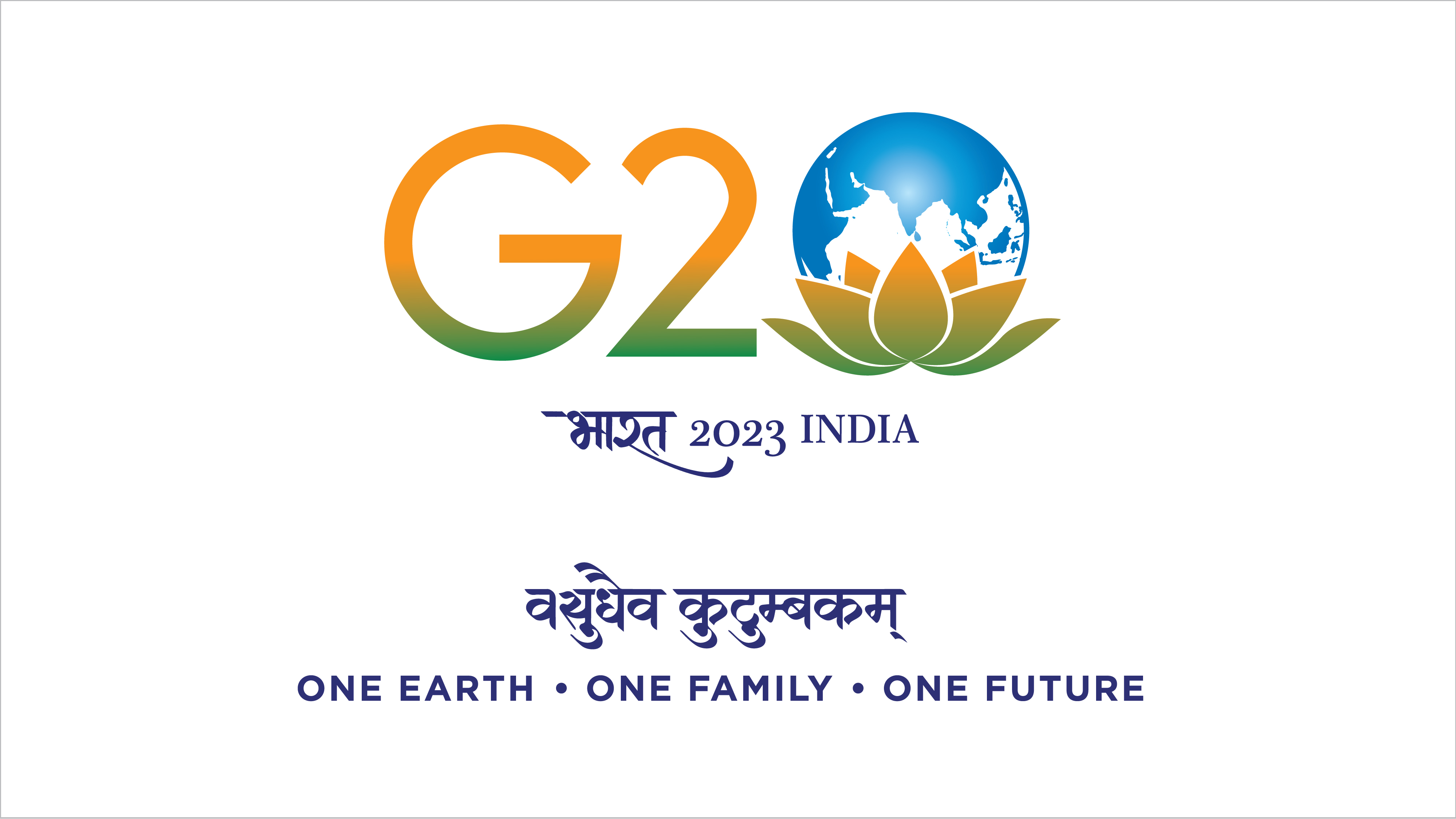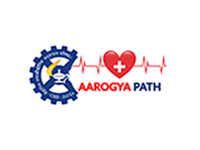by K Silpa and Anil Earnest
Here we study the evolution of stress and its rotations in the Sumatra-Andaman Subduction Zone (SASZ) after the 2004 Mw 9.2 megathrust earthquake, using moment tensor stress inversions. Models indicate returning of North Andaman stress regime to the inter-seismic oblique-compression, after a short stint of extension. Likewise, Little Andamans experience extension indicating a trench-ward guidance of extensional stresses. Similarly, Nicobar regime is presently normal-oblique, from early post-seismic reverse-oblique, and North Sumatra experiences pure-reverse regime. The influence of the Wharton Basin stress field and 2012 earthquakes on the SASZ fore-arc deformation is also probed. A near-complete co-seismic stress-relief is observed at Nicobar, followed by North Sumatra and Little Andaman. Co-seismic and post-seismic model comparisons indicate strong correlation with zones of co-seismic stress relief and regions of rapid post-seismic reloading. The North Andaman shows a northward compressive shear than the margin-normal component of subduction, as evident from prominent oblique stress regime with lower co-seismic stress relief and lack of post-seismic back rotations. At Andaman Spreading Ridge (ASR), transition from oblique to extensional stress indicates lateral shear to back-arc spreading enhancement.
